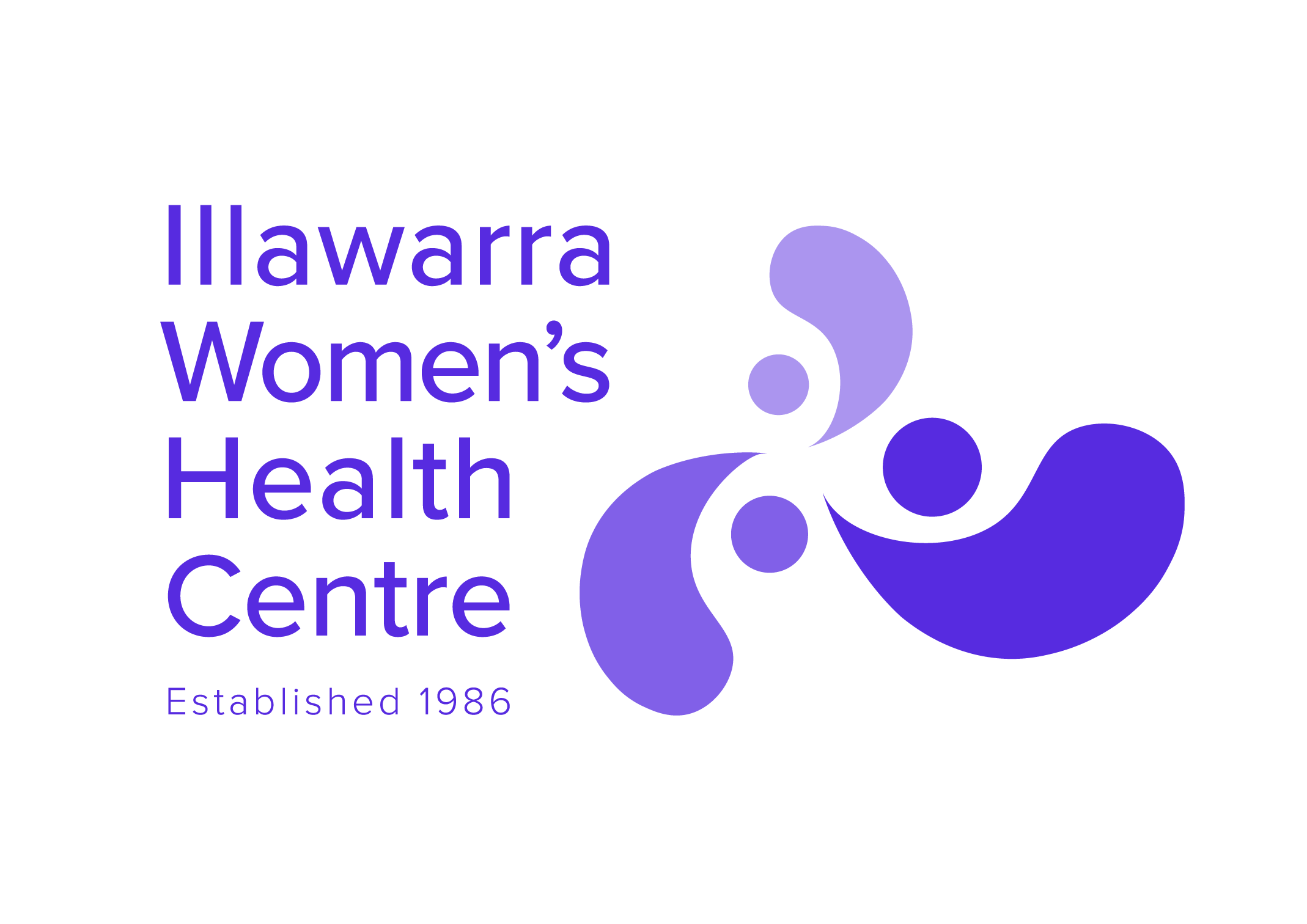A wave of women’s health research projects has been funded in the 2025 round of the National Health and Medical Research Council’s grant schemes.
Among the 338 projects supported so far in 2025, 18 specifically focus on women’s health issues, receiving a combined $39 million.
These initiatives address critical gaps spanning pregnancy, chronic disease, cancer, and mental health.
Among the projects funded are those to improve maternal vaccine uptake, tackle weight stigma in maternity care, and reduce infertility and pregnancy complications by studying both male and female factors at conception.
Other programs target high-burden conditions such as lupus and pre-eclampsia, with efforts to enhance screening, prevention, and therapy development.
Work on living donor kidney transplants, anaemia in low-income countries, and cardiovascular risk in reproductive-aged women further highlights strategies to improve outcomes across life stages and settings.
Executive Director of the Illawarra Women’s Health Centre, Sally Stevenson said the funding was very well received, but said as a percentage of all projects funded so far this year, it was a drop in the ocean for what is needed.
“Conditions like pre-eclampsia, severe menstrual pain, and menopause-related depression have been under-recognised and underfunded. Backing world-class Australian researchers to tackle these issues will help close the gap in women’s health research, improve clinical care, and ultimately change lives,” she said.
“As a percentage of all projects funded so far this year, it’s a drop in the ocean. There is still a long way to go to ensure women’s health receives funding proportionate to its impact on the community.”
Her comments are backed up by Women and Infants Research Foundation chief scientist Matt Kemp, who told the AAP that women have been historically excluded from clinical trials due to bias.
Spotlight on the Projects
At The Royal Women’s Hospital, Professor Michelle Giles is leading a study into vaccination in pregnancy. $1.5 million in funding will support her team in examining barriers and designing interventions that boost uptake, thereby protecting mothers and babies and improving public health outcomes.
At Monash University, Dr Briony Hill is researching the lifestyle and behavioural risks that affect two-thirds of pregnant women. $1.6 million will fund her project to reduce complications and support healthier pregnancies nationwide.
Professor Sarah Robertson at The University of Adelaide will receive $3 million for her research into infertility, miscarriage, and premature birth. By exploring the biological mechanisms driving these conditions, her team aims to unlock new avenues for prevention and treatment.
A project dedicated to tackling disruptive menstrual symptoms, such as heavy bleeding and severe pain, will receive $3 million to generate the evidence needed to strengthen health policy and clinical guidelines. The research aims to enable earlier diagnosis, better management, and ultimately improved well-being for women across their lives.
At Monash University, Professor Jayashri Kulkarni is pioneering new hormone-based treatments for depression in women. Backed by $2.8 million, Kulkarni’s program will test novel gonadal hormones in clinical trials, advancing understanding of how these hormones influence mental health and paving the way for more effective interventions.
Other projects are targeting diseases that disproportionately affect women. At Monash University, Professor Eric Morand is investigating systemic lupus erythematosus (SLE), a complex autoimmune disease that remains difficult to diagnose and manage. His team’s search for biomarkers and better therapies could bring life-changing improvements for women who live with the disease.
Maternal health also receives strong focus. At the Burnet Institute, Professor Joshua Vogel is leading a large-scale study on pre-eclampsia, a dangerous pregnancy complication. By trialling new interventions and collecting robust clinical evidence, his work could directly influence how hospitals manage maternal care in the future.

